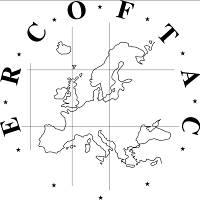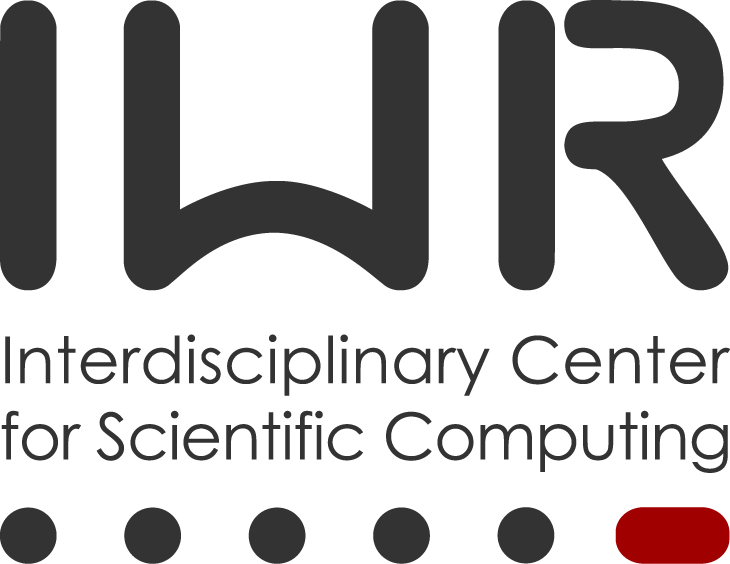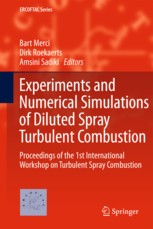2nd Workshop on Measurement and Computation of Turbulent Spray Combustion (TCS2)
Introduction
The aim of this workshop is to report on the progress of experimental and numerical techniques in two-phase flows, with emphasis on spray combustion.
The intention is to have interactive discussion between experts and young researchers. One invited lecture, providing an overview on recent experimental and one computational achievements in the field of turbulent spray combustion, will initiate discussions, whereas participants will have the opportunity to present their work in contributed poster presentations. Furthermore, an update will be provided on progress since TCS1. An important aspect of this workshop will be round-table discussions, which will focus on the assessment of state-of-the-art and on initiation of future collaboration in experimental as well as computational techniques in spray combustion. It is the intention to define some "target test cases", for which experimental databases will be developed and on which modelling and numerical algorithm issues will be tested.
The workshop takes place on Sunday September 11, 2011. This is the day preceding the 7th Mediterranean Combustion Symposium, in Chia Laguna, Cagliari, Sardinia. The workshop is held at the same venue.
The workshop is co-organized by ERCOFTAC special interest group 28 "Reactive Flows", SFB 568 TU Darmstadt and the Belgian Section of the Combustion Institute.
Program
| 11:30-11:35 | Welcome by Prof. B. Merci (Ghent University) |
| 11:35-12:30 | Poster Session |
| 12:30-13:00 | Prof. D. Roekaerts (Delft University of Technology): Overview of spray flame databases and validation studies Including first observations from the poster session |
| 13:00-14:30 | Lunch + poster session |
| 14:30-15:15 | Prof. E. Mastorakos (Cambridge University): Recent achievements in experiments and simulations of turbulent spray combustion |
| 15:15-15:30 | Coffee break |
| 15:30-16:00 | Dr. M. Chrigui (Darmstadt University of Technology) and Prof. A. Masri (University of Sydney): Progress since TCS1 |
| 16:00-16:45 | General discussion on interaction between experimental work and modeling issues - Identification of target flames |
| 16:45-17:00 | Closing session - Summary of highlights |
Contributing posters
Attendees are invited to present a poster during the workshop (see tentative program). A one-page abstract should be submitted to Reni.DeMeester@UGent.be, in pdf format. A book of abstracts will be distributed at the workshop.
Authors of selected posters will be encouraged after the workshop to write a full paper which will be included in the proceedings of TCS2.
Venue
The workshop will take place in the Chia Laguna Conference Centre in Cagliari, Sardinia. This is the same venue where the Mediterranean Combustion Symposium takes place. Attendees are encouraged to stay in this hotel. Reservations must be made directly with the hotel.
Registration
Please e-mail the completed registration form to Reni.DeMeester@UGent.be.
For more details about registration and for online payment, visit this website.
Important Dates
- Notification of interest: as soon as possible (see Registration)
- Submission of abstract for poster: 15 August 2011
- Notification of acceptance: 30 August 2011
- Workshop: 11 September 2011
Proceedings of TCS1
The proceedings of TCS1 are now available online.
Workshop on Advanced Measurement Techniques and Computational Methods for Premixed and Partially Premixed Combustion
NUMECA Int. and TU Darmstadt organize a workshop on Advanced Measurement Techniques and Computational Methods for Premixed and Partially Premixed Combustion on September 10-11, in the same hotel as in which the Mediterranean Combustion Symposium and our workshop take place. This workshop ends before the TCS2 workshop will start, in order to enable interested researchers and combustion specialists to participate in both workshops.
Organizing committee
Prof. Bart Merci (Ghent University, Belgium)
Prof. Dirk Roekaerts (Delft University of Technology, The Netherlands)
Prof. Amsini Sadiki (Darmstadt University of Technology, Germany)
Mr. Reni De Meester (Ghent University, Belgium)




